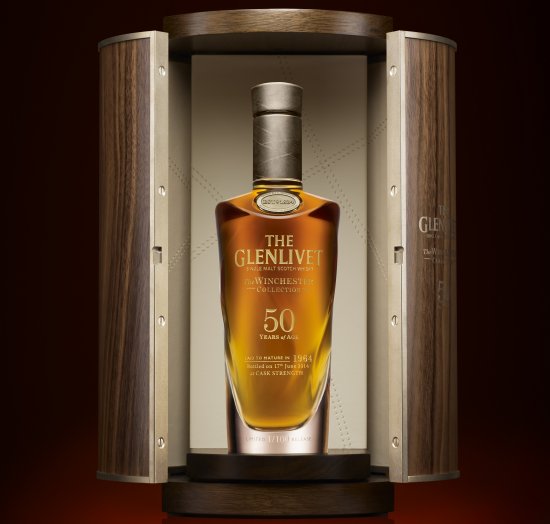Dan Volway, the Canadian ambassador for a variety of brands that includes The Macallan, Highland Park, The Famous Grouse and Cutty Sark, says Alberta’s unique regulatory environment has far less red tape. “Anyone can bring in anything, even if it’s just a case, whereas with most provinces we’re dealing with liquor boards. We have to submit the product to them, and wait for them to make a decision on whether or not they want to bring it in. In some cases, it can take over a year from when you get the green flag to when it’s on the shelf.”
And, notwithstanding the occasional bottle of $25,000 Scotch, Alberta’s system also means consumers usually get products more cheaply. In Alberta, products are hit with a flat markup of $13.30 for spirits between 22 and 60 per cent alcohol by volume, while the levy ticks up to $17.87 on high-octane spirits over 60 per cent. In Ontario and British Columbia, taxes are levied using a percentage markup – 141 per cent for domestic spirits and 148 per cent for imports in the former, and 170 per cent on both in the latter.
“It really makes spirits and wines at the higher end a lot more affordable,” Volway says of Alberta’s flat tax. “Things like The Macallan M, which retails for $5,000 across Canada, would retail in Alberta – if you can find it – for just over $4,000 and change.”
There’s one last variable that explains why The Glenlivet decided to sell its only Canadian bottle of Vintage 1964 in Alberta: Albertans. Ed Fong has been selling booze in Alberta since he was a university student in 1980, and today he owns and operates deVine Wines and Spirits. He says he’s seen a dramatic shift in the tastes of his customers, away from more conventional options like blended whiskies and cheaper spirits and towards things like rare bourbons and exotic single malts. “They’re far more interested in being experimental, and they’re looking for unique products,” he says.
That’s a reflection, he says, of the fact that Alberta continues to mature as both a province and a people. “We’re relatively affluent compared to many areas of the country, so we have a chance to travel more and eat and drink afar. And we take these things home. If you went to Japan and tasted their food and tried their beers and saw that they’re making really interesting whiskies, you might be interested in seeing if it’s available here. And I can honestly say, ‘yes, it is.'”
Like this content? Get more delivered right to your inbox with Ed. Eats
A list of what’s delicious, delectable and delightful.
